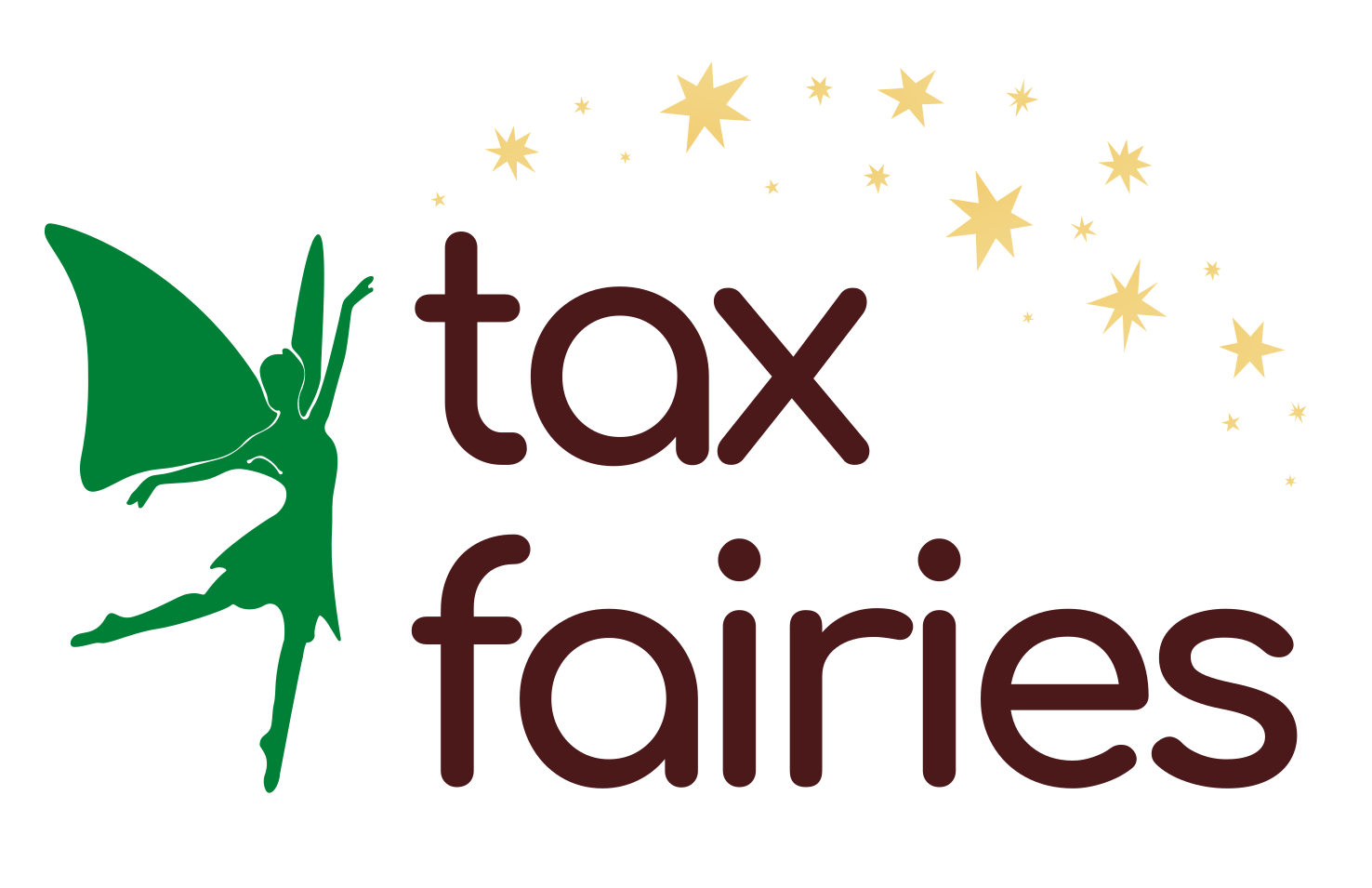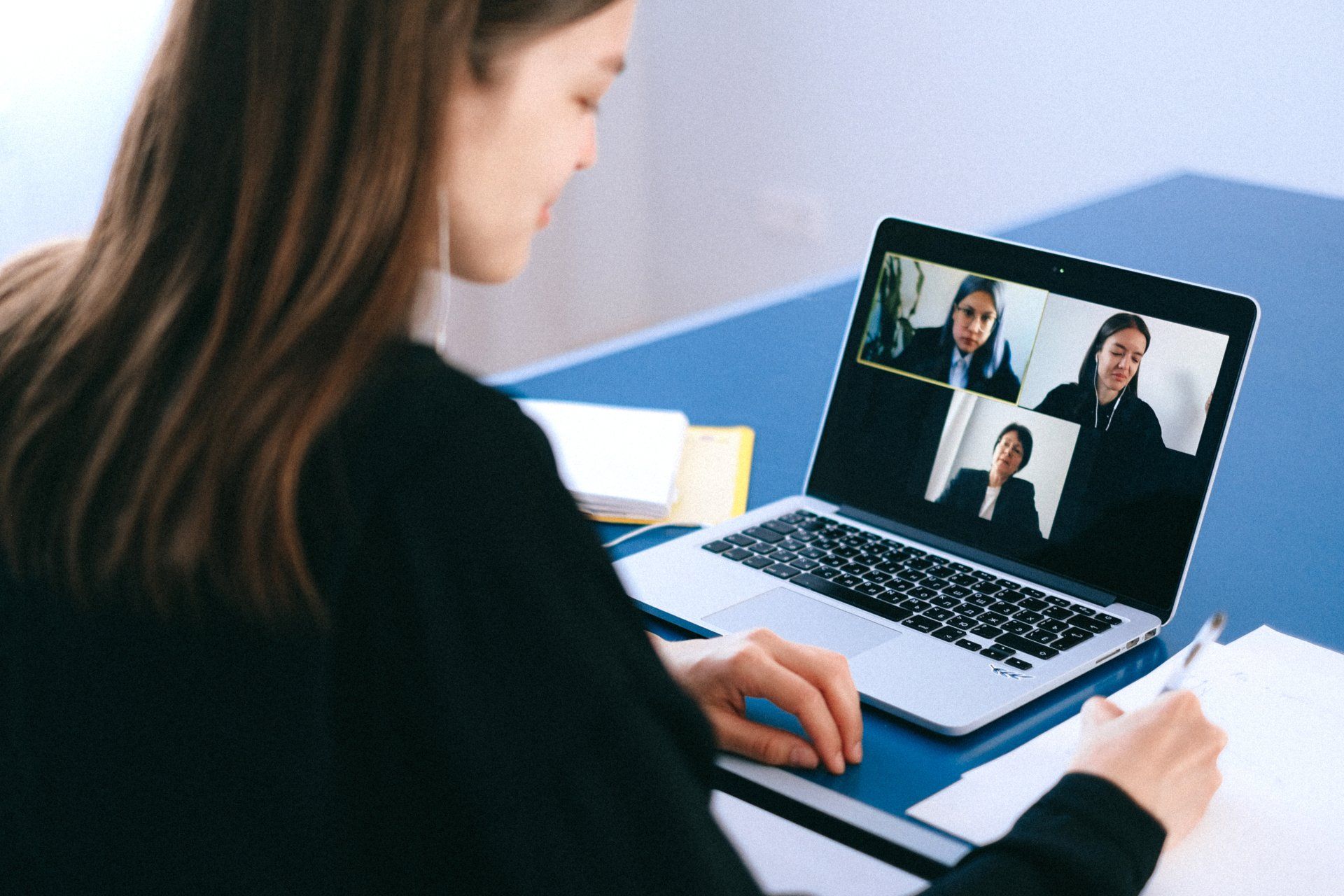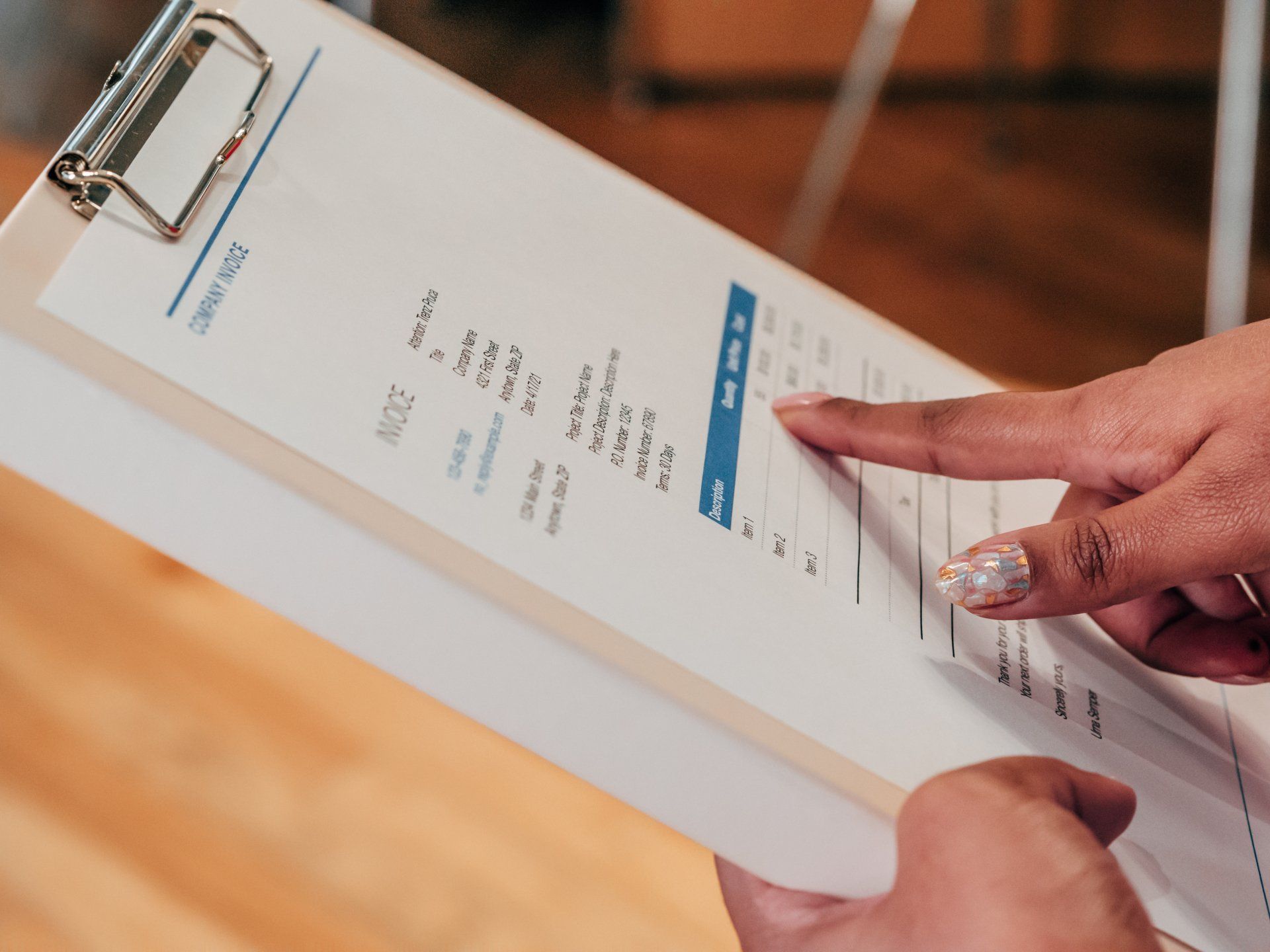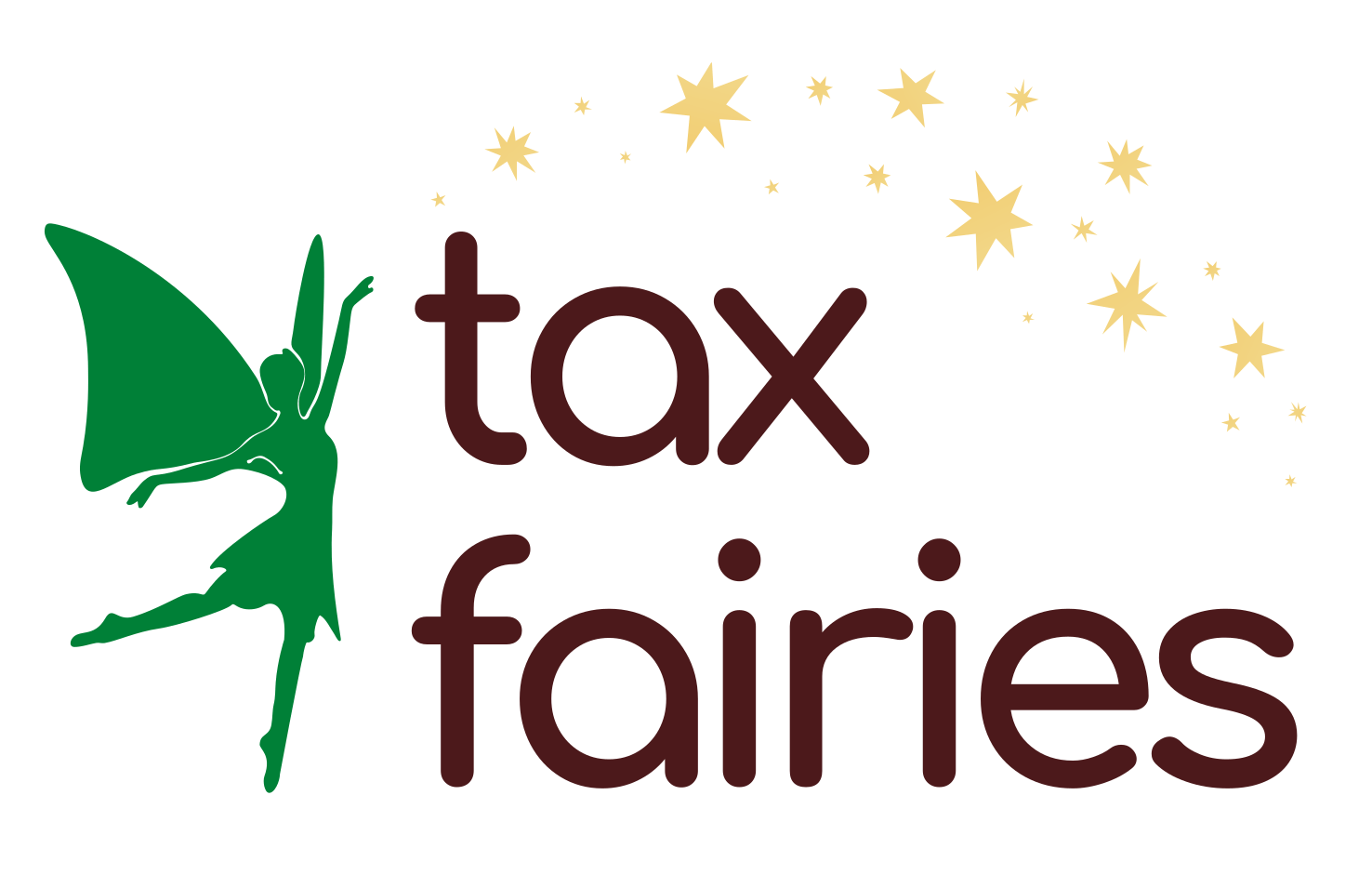Self Assessment Tax Returns for anyone with income to declare.
Do You Need to Complete a Self-Assessment Tax Return?
Self-Assessment is the system HM Revenue & Customs (HMRC) uses to collect Income Tax from individuals with income that isn’t taxed at source, such as through PAYE (Pay As You Earn).
You’ll need to complete a Self-Assessment tax return if:
- You were self-employed as a sole trader and earned more than £1,000 (before deducting tax relief).
- You were a partner in a business partnership.
- You earned £100,000 or more.
- You’re a pensioner with additional income to declare.
- You need to pay the High Income Child Benefit Charge.
- You fall into any other relevant category.
You may also need to send a tax return if you’ve received untaxed income, such as:
- COVID-19 grants or support payments (limited time).
- Income from renting out property.
- Tips and commissions.
- Income from savings, investments, and dividends.
- Foreign income.
Additionally, some people choose to submit a tax return to:
- Claim Income Tax reliefs.
- Prove they’re self-employed, for example, to access Tax-Free Childcare or Maternity Allowance.
If you’re unsure whether you need to file a return, we’re here to help.
Get in touch today, and we’ll guide you through the process and make sure everything is done correctly.
How we help you complete your self assessment tax return.
Steps to Take if You Need to Complete a Self-Assessment Tax Return
If you have income that needs to be declared through Self-Assessment, here’s a step-by-step guide to what you’ll need to do:
1. Notify HMRC
If you haven’t sent a tax return before, you must inform HMRC by 5th October after the end of the tax year in which you received untaxed income. Failing to do this could result in a fine.
2. Keep Records
Keeping accurate records is essential for completing your tax return. If you’re self-employed, you’ll need to track:
Your business income and expenses (as a sole trader or partner in a business partnership).
3. Choose an Accounting Method
You’ll need to decide how to record your income and expenses:
Traditional Accounting
Record income and expenses based on the date you invoiced or were billed, even if the money was received later.
Example: If you invoiced a client on 28th March 2022, you record it for the 2021/22 tax year, even if the payment arrives in the next tax year.
Cash Basis Accounting
Record income and expenses only when the money is received or paid. This is ideal for small businesses earning £150,000 or less.
Example: If you invoiced on 15th March 2022 but didn’t receive payment until 30th April 2022, you’d record it for the 2022/23 tax year.
4. Maintain Proof of Income and Expenses
You’ll need to keep accurate records, including:
- Sales and income.
- Business expenses.
- VAT records (if registered for VAT).
- PAYE records (if you employ staff).
- Details of Self-Employment Income Support Scheme grants (if applicable).
Why Keep Records?
You don’t need to send your records with your tax return, but you’ll need them to:
- Calculate your profit or loss for the tax return.
- Provide proof to HMRC if they ask.
Examples of records to keep
- Receipts for goods and stock.
- Bank statements and chequebook stubs.
- Sales invoices, till rolls, and bank slips.
5. Complete and Submit Your Tax Return
You can file your Self-Assessment tax return online via the HMRC website or on paper.
The deadline for submitting online returns is 31st January following the end of the tax year (6th April to 5th April).
6. Pay Any Tax Owed
Based on your tax return, HMRC will calculate how much tax you owe. You’ll need to settle any outstanding amount by the same 31st January deadline.
7. Receive Confirmation
After submitting your return, HMRC will send you confirmation that your return has been received.
How it works
If you are looking for advice and support for your self assessment tax return, it is simple. Just call or email us, we find out more about you and your needs and then we will produce a quote - it's that easy!
Contact Us
Call or email us to find out more about self assessment tax.
Speak to an Expert
Speak with an accountant and learn how BYNC can help with self assessment tax.
Quote
From learning more about you we will put together a quote based on your needs.
Contact Us
We will get back to you as soon as possible.
Please try again later.






